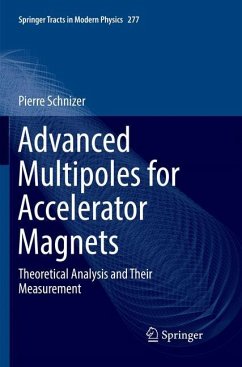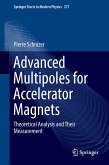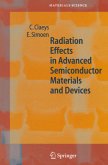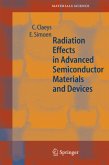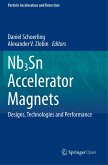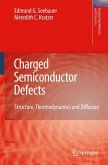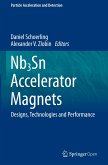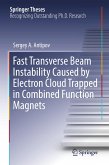This monograph presents research on the transversal beam dynamics of accelerators and evaluates and describes the respective magnetic field homogeneity.
The widely used cylindrical circular multipoles have disadvantages for elliptical apertures or curved trajectories, and the book also introduces new types of advanced multipole magnets, detailing their application, as well as the numerical data and measurements obtained. The research presented here provides more precise descriptions of the field and better estimates of the beam dynamics. Moreover, the effects of field inhomogeneity can be estimated with higher precision than before. These findings are further elaborated to demonstrate their usefulness for real magnets and accelerator set ups, showing their advantages over cylindrical circular multipoles. The research findings are complemented with data obtained from the new superconducting beam guiding magnet models (SIS100) for the FAIR (Facility for Antiproton and IonResearch) project.
Lastly, the book offers a comprehensive survey of error propagation in multipole measurements and an appendix with Mathematica scripts to calculate advanced magnetic coil designs.
The widely used cylindrical circular multipoles have disadvantages for elliptical apertures or curved trajectories, and the book also introduces new types of advanced multipole magnets, detailing their application, as well as the numerical data and measurements obtained. The research presented here provides more precise descriptions of the field and better estimates of the beam dynamics. Moreover, the effects of field inhomogeneity can be estimated with higher precision than before. These findings are further elaborated to demonstrate their usefulness for real magnets and accelerator set ups, showing their advantages over cylindrical circular multipoles. The research findings are complemented with data obtained from the new superconducting beam guiding magnet models (SIS100) for the FAIR (Facility for Antiproton and IonResearch) project.
Lastly, the book offers a comprehensive survey of error propagation in multipole measurements and an appendix with Mathematica scripts to calculate advanced magnetic coil designs.

